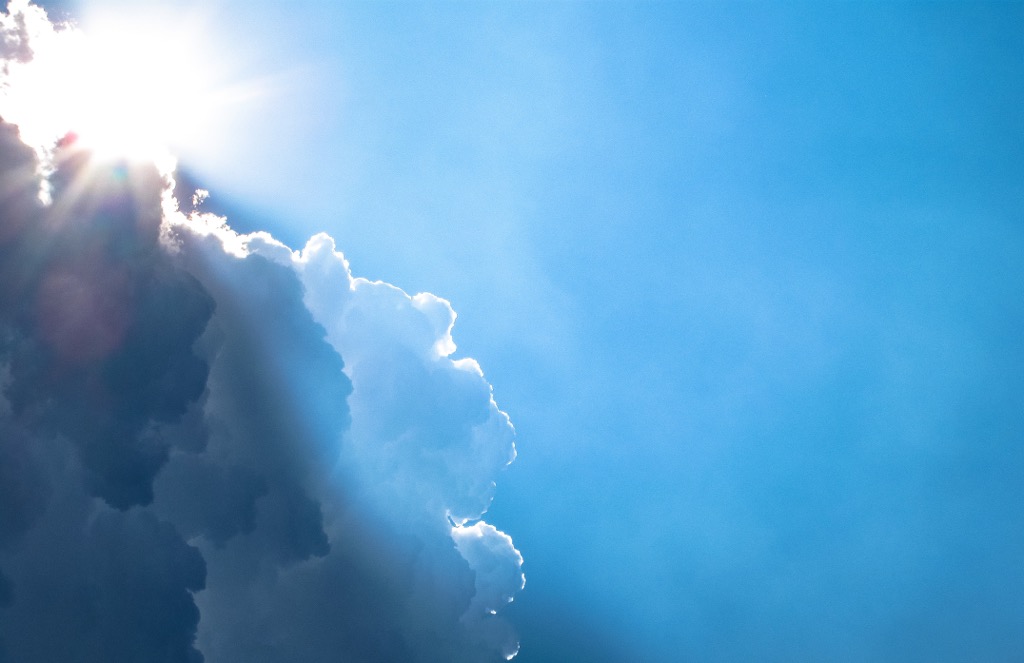
The notion of “Blue Monday,” denoting the purportedly most depressing day of the year, has captivated the public imagination since its emergence in 2005. Attributed to a formula developed by psychologist Dr. Cliff Arnall3 and disseminated through a press release by the British travel company Sky Travel, the concept has intrigued skeptics and proponents alike. The formula integrates several factors, including weather conditions, personal debt, New Year resolutions, and reduced motivation, to designate the third Monday in January as the day marked by despondency. However, the veracity and scientific foundation for this concept remain the subject of debate in the psychology community. This discourse endeavours to critically examine the concept of “Blue Monday” and ascertain its validity through an analysis of pertinent research.
Is there any research to support the idea of “Blue Monday”?
Research undertaken by Stone, Schneider, and Harter (2012) scrutinized the existence of a “Blue Monday” phenomenon by analyzing mood patterns in the United States. Their study, involving a substantial sample size (N = 340,000), revealed that while there were observable variations in mood during the week, they did not corroborate the presence of a specific “Blue Monday” effect. The study found stronger evidence for improved mood on weekends and Fridays, whereas no significant differences were detected between Saturdays and Sundays1. A prior investigation by Stone, Hedges, Neale, and Satin (1985) also failed to support the belief in a unique depressive effect on Mondays. While individuals might subjectively perceive their mood as lowest on Mondays, daily mood measures demonstrated no discernible contrast between Mondays and other weekdays2. These findings collectively challenge the legitimacy of the “Blue Monday” concept from an empirical standpoint.
Relationship to Seasonal Affective Disorder
It is crucial to distinguish the notion of “Blue Monday” from Seasonal Affective Disorder (SAD), a bona fide clinical condition acknowledged by the Diagnostic and Statistical Manual of Mental Disorders (DSM). SAD, or seasonal depression, manifests as a major depressive disorder that recurrently occurs during specific times of the year, most frequently in late fall. This disorder is characterized by symptoms such as persistent sadness, diminished energy, reduced interest in customary activities, excessive sleep, and weight gain. Notably, the concept of “Blue Monday” and the clinical condition of SAD bear no association or correlation. Equating these two distinct phenomena is not only scientifically unsound but also risks trivializing the authentic experiences of individuals affected by SAD.
Conclusion
The concept of “Blue Monday” emerged as a marketing ploy by a travel company, serving as an annual focal point for media attention. The associated discourse around this concept, particularly in temperate regions with a winter season, is in part an outcome of marketing strategies. Nevertheless, it is imperative to recognize that the notion of “Blue Monday” is, at its core, pseudoscience. Empirical research has failed to substantiate the claim that a specific day, such as the third Monday in January, is universally the most depressing day of the year. Consequently, while the concept of “Blue Monday” may persist as a cultural meme, it lacks a genuine scientific foundation.
References:
1 Arthur A. Stone, Stefan Schneider & James K. Harter (2012) Day-of-week mood patterns in the United States: On the existence of ‘Blue Monday’, ‘Thank God it’s Friday’ and weekend effects, The Journal of Positive Psychology, 7:4, 306-314, DOI: 10.1080/17439760.2012.691980
2 Stone, A. A., Hedges, S. M., Neale, J. M., & Satin, M. S. (1985). Prospective and cross-sectional mood reports offer no evidence of a “blue Monday” phenomenon. Journal of Personality and Social Psychology, 49(1), 129–134. https://doi.org/10.1037/0022-3514.49.1.129
3 Mirror.co.uk. (2018, January 5). Man who invented “Blue Monday” says he never wanted to make day sound negative. Mirror. https://www.mirror.co.uk/news/uk-news/man-who-invented-blue-monday-11802728
